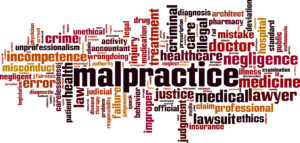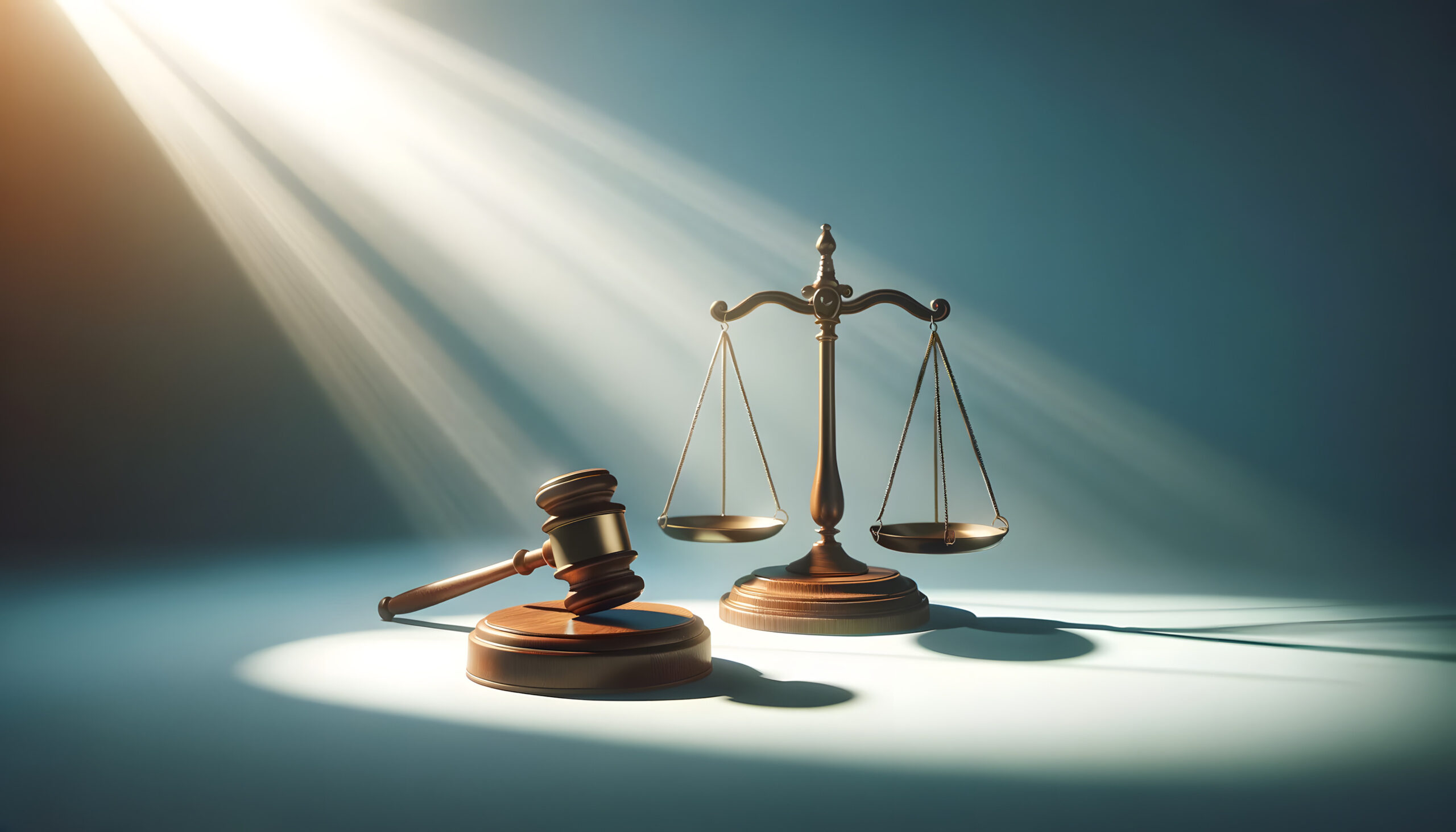Contents of this Post
ToggleLicensed professionals in Illinois who encounter disciplinary actions or licensing challenges may face significant repercussions that could threaten their careers and reputations. The IDFR, in charge of the licensing and regulation of various professions, such as healthcare providers, real estate brokers, and other licensed individuals, imposes these sanctions on the concerned individuals.
When facing disciplinary action from the Illinois Department of Financial and Professional Regulation, it’s essential to understand the role of an IDFPR attorney in license defense and why their expertise is indispensable. Continue reading this article to learn more.
The Crucial Role of an IDFPR Attorney
An IDFPR attorney is a legal professional who specializes in representing clients before the Illinois Department of Financial and Professional Regulation. These attorneys have extensive experience navigating the complex regulatory environment and defending clients against disciplinary actions initiated by the department. Whether you’re a medical professional facing allegations under the Medical Practice Act or a real estate broker dealing with licensing issues, these law experts can be your strongest advocates.
Similar to hiring lawyers who specialize in other fields, the best way to assess whether an IDFPR lawyer would be suitable to handle your case is through an initial consultation. These initial meetings usually come at no cost, and you can gather valuable insights into your rights and available options through them.
This is an excellent opportunity for you to review your case, explore potential defenses, and identify the most appropriate course of action. Furthermore, your first session with an attorney serves as a chance to evaluate whether they have the requisite experience and expertise to manage your case successfully.
The Investigation and Defense Process
When a licensed professional in Illinois comes under scrutiny by the IDFPR, the investigation and defense process is a critical phase that determines the outcome of the case. Understanding this process is vital for any professional facing potential disciplinary action to avoid severe consequences.
Initiation of the Investigation
The investigation process typically begins when a complaint is filed with the IDFPR. This complaint may come from a patient, client, colleague, or another party who believes that the licensed professional has violated the standards set forth by the relevant licensing board. The IDFPR takes such complaints seriously and will often initiate an investigation to determine the validity of the claims.
Once a complaint is received, the IDFPR assigns an investigator to the case. The investigator’s role is to gather evidence, interview witnesses, and compile facts related to the complaint. This phase is crucial, as the evidence collected during the investigation will significantly influence the direction of the case. It’s at this stage that the involvement of an IDFPR defense lawyer becomes essential.
Informal Conference and Disciplinary Conferences
If the initial investigation doesn’t resolve the issue, the IDFPR may schedule an informal conference. These conferences provide an opportunity for the licensed professional, their attorney, and IDFPR representatives to discuss the case in a less formal setting than a courtroom. The objective is to determine whether the matter can be resolved without proceeding to a formal hearing.
During these conferences, the IDFPR attorney will advocate on your behalf, presenting evidence and arguments that support your defense. This may include demonstrating that the alleged misdemeanor didn’t occur, was not as severe as claimed, or was the result of an honest mistake rather than intentional wrongdoing. The goal is to convince the IDFPR that formal disciplinary action is unnecessary.
Formal Complaint and Hearing Process
If the issue isn’t resolved through informal means, the IDFPR may file a formal complaint against the licensed professional. This elevates the problem to a more critical stage, potentially leading to the case being presented to an administrative law judge during a formal hearing.
The formal hearing process is akin to a trial, where both sides present evidence, call witnesses and make arguments. The IDFPR defense attorney will prepare a defense strategy tailored to the specific allegations and circumstances of the case. This may involve challenging the evidence presented by the IDFPR, cross-examining witnesses, and presenting expert testimony that supports the professional’s position.
After the formal hearing, the administrative law judge ultimately makes a recommendation regarding disciplinary action.
Potential Outcomes and Appeals
After the administrative law judge makes a recommendation, the final decision is typically made by the relevant licensing board or the IDFPR itself. If the outcome is unfavorable, the licensed professional may have the option to appeal the decision through an administrative review process.
An experienced IDFPR defense attorney can assist with filing an appeal, presenting arguments for why the decision should be overturned, and ensuring that the professional’s rights are upheld throughout the process. Appeals can be complex and time-sensitive, so having knowledgeable legal representation is crucial.
The investigation and defense process in IDFPR cases is multifaceted and can be daunting. By working with an experienced IDFPR defense attorney, you can protect your career, reputation, and professional license, ensuring that you receive fair treatment under Illinois law.\

Preparing for a Disciplinary Action
Depending on the findings and decision in your case, the IDFPR can impose disciplinary action, including suspension or revocation of license. In some cases, the legal representative may be able to negotiate a settlement or resolution that allows the professional to retain their license while addressing the concerns of the IDFPR. This could involve agreeing to additional training, supervision, or other conditions that satisfy the IDFPR’s requirements. Engaging in these negotiations requires a comprehensive grasp of the legal and regulatory framework, underscoring the importance of collaborating with an attorney who possesses a proven history of success in IDFPR cases.
Conclusion
The role of an IDFPR attorney in license defense is crucial for protecting the rights and careers of licensed professionals in Illinois. Having their guidance and support can help you reach a favorable resolution for your case. With suitable legal representation, you can navigate the challenges posed by IDFPR disciplinary actions and safeguard your professional future.

